Autonomous materials laboratories and the research communities that build them will be crucial to achieving our climate goals.
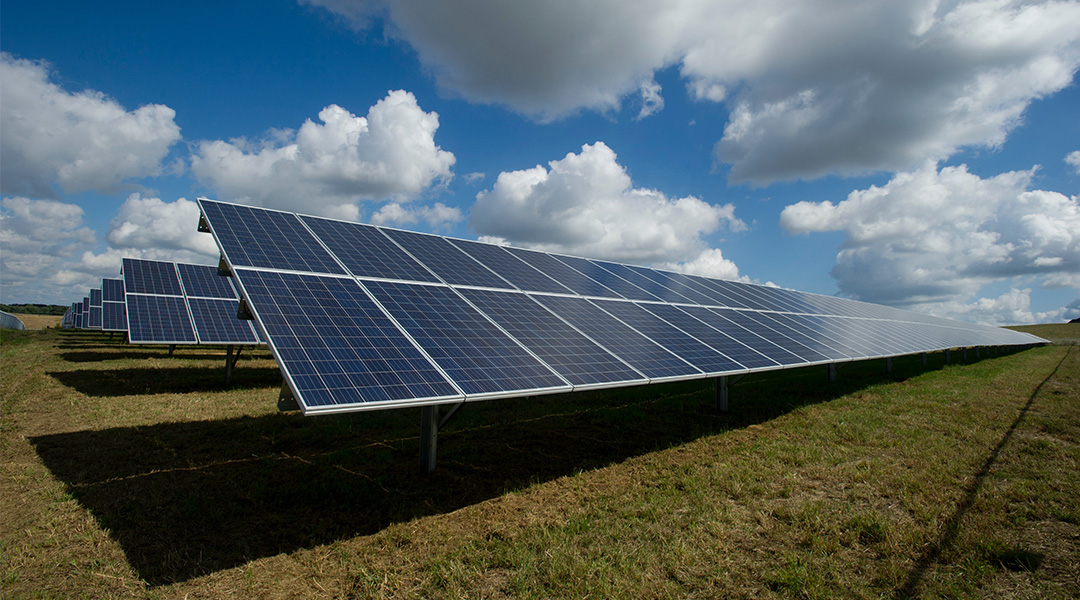

Autonomous materials laboratories and the research communities that build them will be crucial to achieving our climate goals.
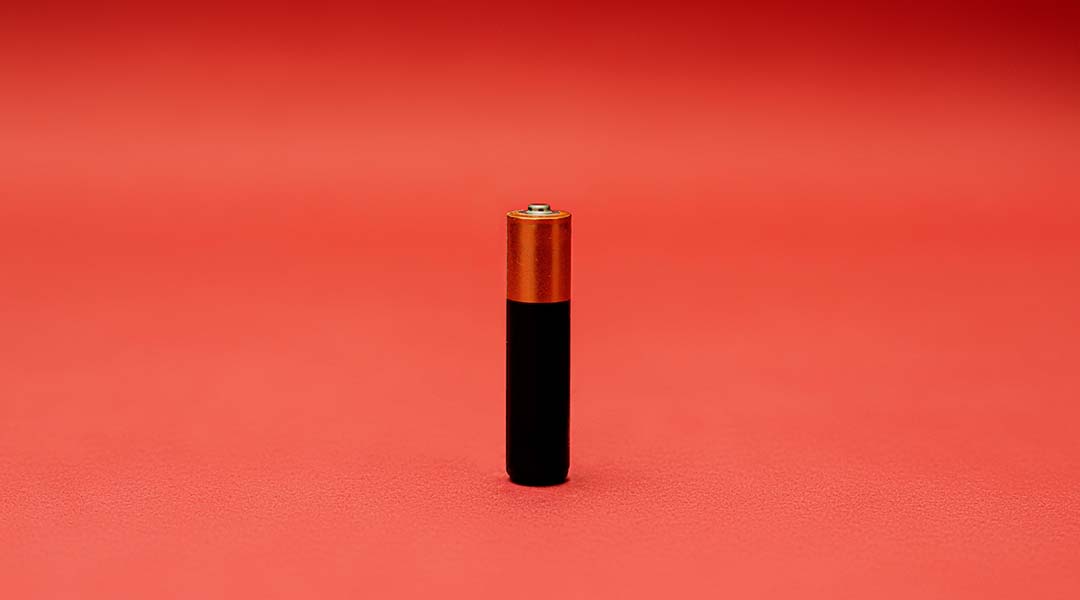
New research aims to improve the stability and safety of alternatives to rechargeable lithium-ion batteries using aqueous zinc and hydrogels.
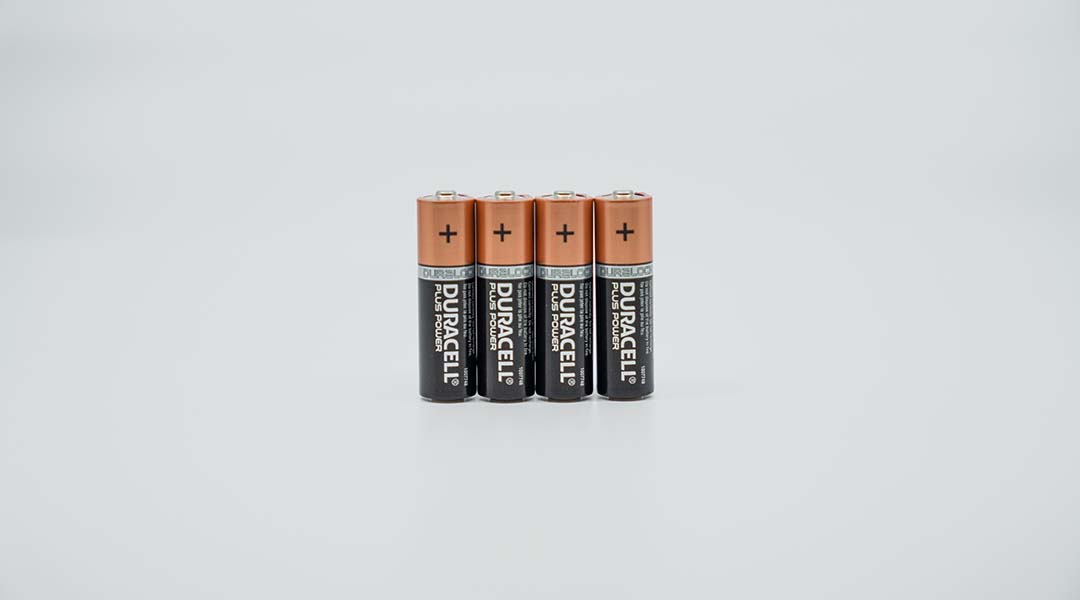
Scientists explore the challenges facing alternatives to lithium-ion batteries and suggests a roadmap to overcome these obstacles.
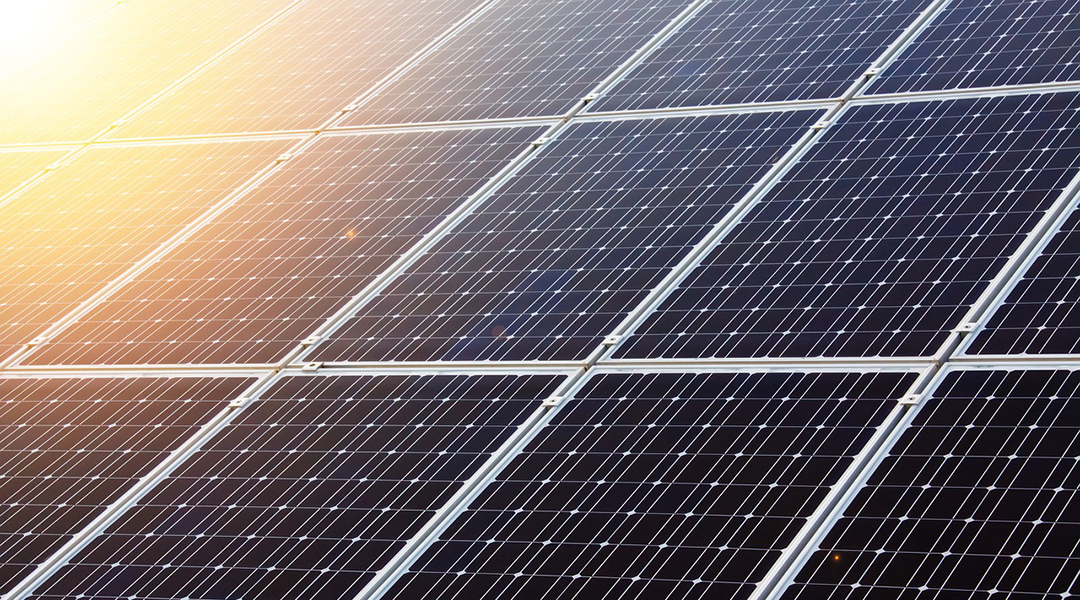
A new design approach and specialized organic material helps improve the efficiency of lateral solar cells, turning energy generation on its side.

Two well-known, abundant, and low-cost materials are finding new life in grid-scale energy storage and sustainable water splitting technologies.

An innovative photoreactor concept achieves commercially viable performance indicators for a broad variety of solar-driven reactions.
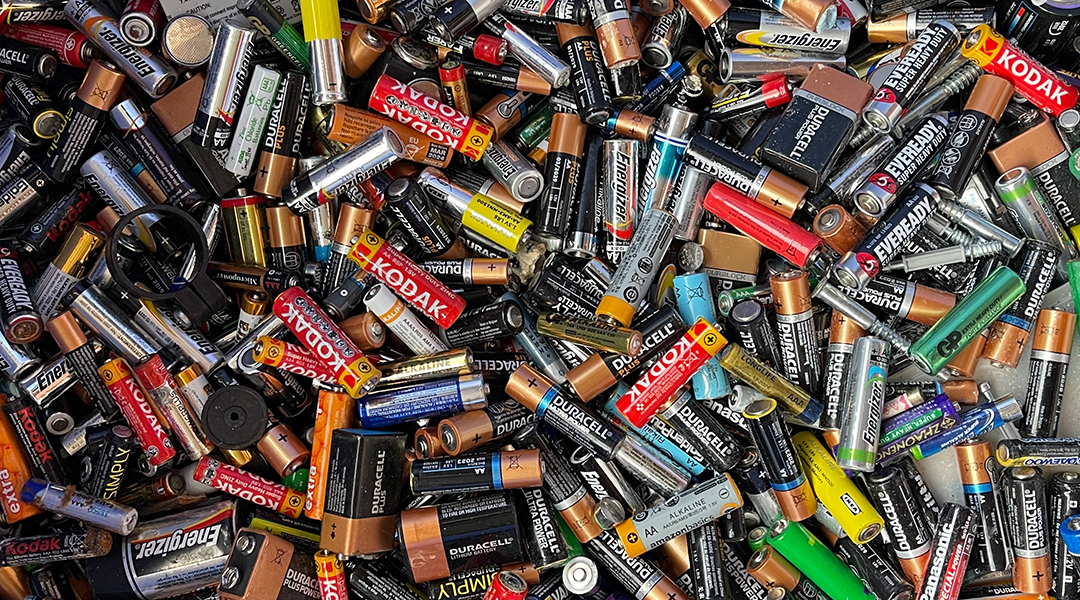
A tough gel electrolyte protects lithium metal anodes for safer and more efficient rechargeable batteries.

A device that generates electricity using moisture in the air could be the future of sustainable power generation.

The most compact nuclear fusion reactor built to date could provide a more affordable and sustainable means of future fusion energy.
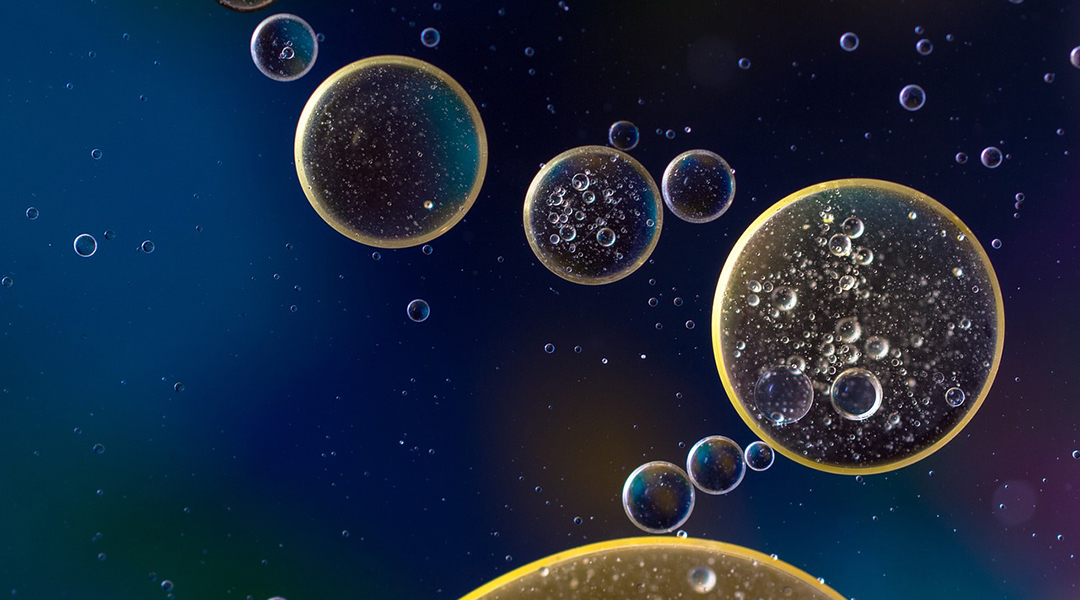
A clever ocean-based device pulls and permanently sequesters carbon dioxide from the atmosphere, generating green hydrogen in the process.